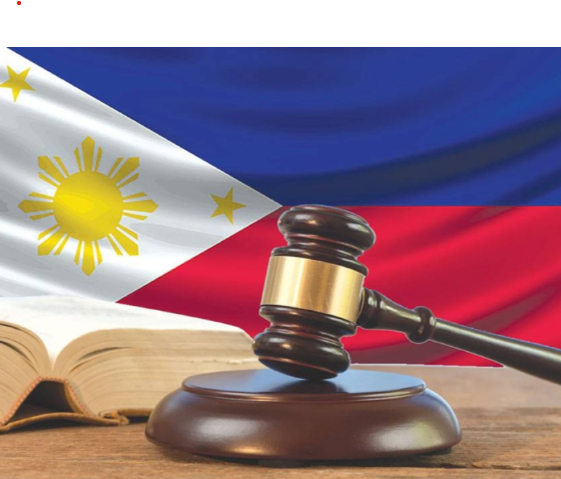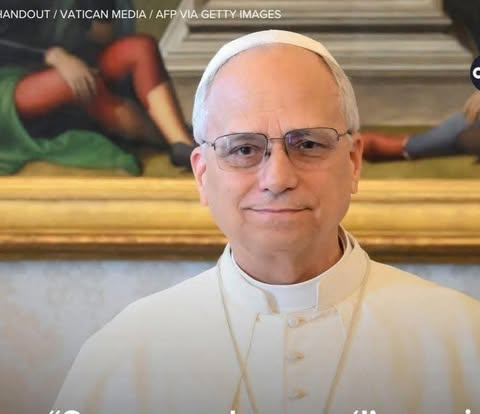
LIMITS OF THE POWER OF CONGRESS
In its recent decision authored by Associate Justice Jhosep Y. Lopez, the Supreme Court en Banc has reiterated the expansive authority of Congress to conduct inquiries in aid of legislation. This ruling emphasizes that the legislative power of inquiry includes all matters concerning the administration of existing laws, as well as the contemplation of potential statutes. Such authority is not limited to the full chambers of Congress — the Senate and the House of Representatives (HOR) — but extends to all their respective committees, thereby reinforcing a crucial aspect of the legislative function in the governance of the Republic.
The context of this ruling was notably highlighted in 2024, when both the Senate and HOR convened separate hearings addressing illegal activities associated with Philippine Offshore Gaming Operators (POGOs). These inquiries, led respectively by the Tricomm and the Quadcomm, sought to investigate the breadth of illegal activities linked to these gaming facilities. One notable figure, Ong, summoned to both hearings due to her alleged ties to raided POGO operations, initially refused to respond to questions posed by the Quadcomm. Her retreat under duress — allegedly being isolated from her legal counsel — raises profound questions about the interplay between legislative inquiry and individual rights.
Ong subsequently invoked her constitutional rights against self-incrimination and her right to remain silent, seeking to enjoin the committees from further action. The Supreme Court’s dismissal of her claims affirms that Congress’s power to conduct inquiries is vital to its legislative role. The Court delineated that while the privilege against self-incrimination is a fundamental right, it is only applicable to specific incriminating inquiries. Ong’s broad assertion of this right, without reference to particular questions that might compel her to self-incriminate, was deemed insufficient.
Furthermore, the ruling clarified that while an accused in a criminal trial may refuse to testify, this does not extend to a resource person called before a legislative committee. The Court underscored that such inquiries, when properly conducted within the bounds of the legislative framework, hold paramount importance for the effective oversight and crafting of laws.
Additionally, Ong's assertion regarding her lack of access to legal counsel was also met with skepticism by the Supreme Court. The Court affirmed that the right to counsel specifically pertains to custodial investigations; therefore, Ong's circumstances fell outside this provision. This clarification is significant, as it delineates the boundaries of rights granted in various contexts of legal engagement.
3 Comments

John Doe 01 Jan 2045
Diam amet duo labore stet elitr invidunt ea clita ipsum voluptua, tempor labore accusam ipsum et no at. Kasd diam tempor rebum magna dolores sed sed eirmod ipsum.

John Doe 01 Jan 2045
Diam amet duo labore stet elitr invidunt ea clita ipsum voluptua, tempor labore accusam ipsum et no at. Kasd diam tempor rebum magna dolores sed sed eirmod ipsum.

John Doe 01 Jan 2045
Diam amet duo labore stet elitr invidunt ea clita ipsum voluptua, tempor labore accusam ipsum et no at. Kasd diam tempor rebum magna dolores sed sed eirmod ipsum.



.png)
.png)
.png)
.png)
.png)
.png)
.png)
.png)
.png)